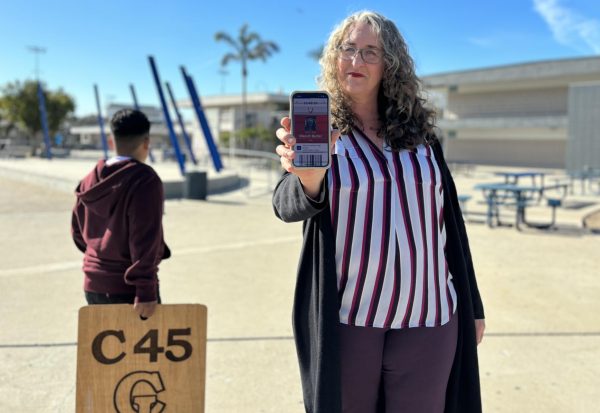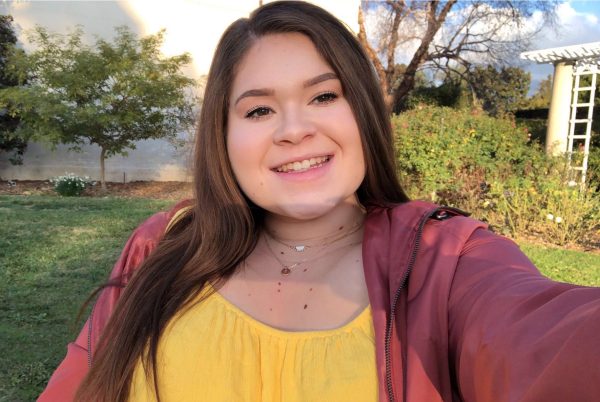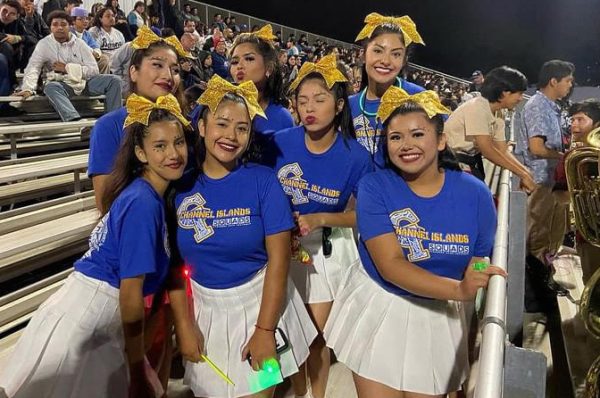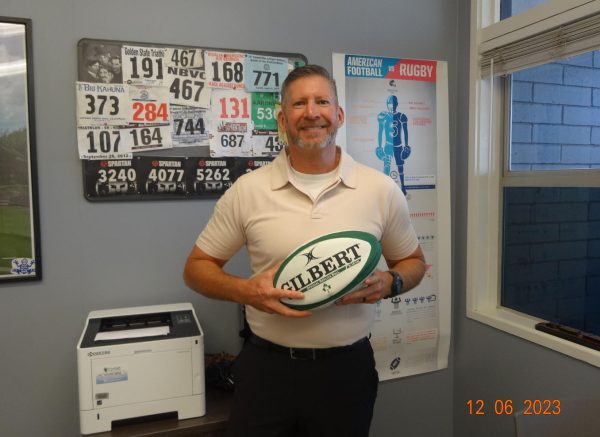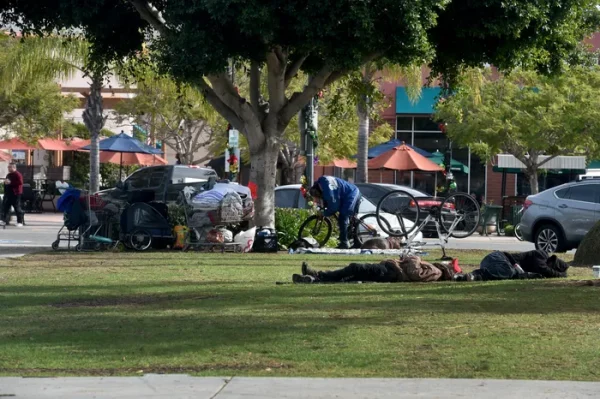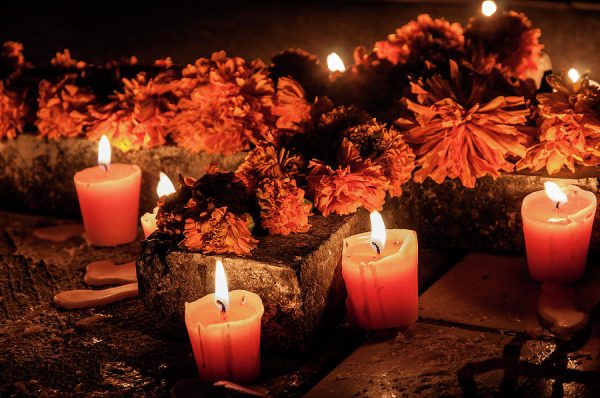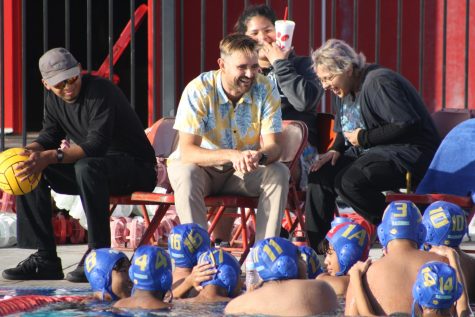FInding your place at school
High school: four years of your young adult life. Before you start high school, and even after you graduate, people constantly tell you how you should feel about the four-year experience.
Throughout my life I have heard from countless adults that I should enjoy high school while it lasts, that high school was the best four years of their lives and that it would be mine too; or that high school was the worst four years of their lives and that I would be glad when I graduate.
Intentionally or unintentionally, these adults have affected my high school experience. Academics and extra-curricular activities we take are influenced by the adults around us and what we students think that colleges wish to see on applications. Instead of pursuing genuine interests, students adhere to what they think colleges would like to see on their applications.
I myself have fallen subject to this structure. There have been activities that I have joined and halfway through the year, I stop and reflected. I ask myself why I decided to join that club or take that class in the first place. Sometimes the answer disappoints me. I realize that I chose that activity for the sole reason that I believed it was something the admissions boards would want to see.
I like to think that now, in my senior year, I have found a balance. I am happy with the majority of my classes and I actively enjoy and participate in the clubs I take part in.
Too often students are stressed, depressed, or sleep deprived and it’s all due to the stigmatism that students need to take the most challenging classes and be in more extra-curriculars than humanly possible to get into a good university.
The expectations cause a physical and emotional strain on students and while it is true that we could just do less, that would mean that our chances of getting into competitive universities would significantly drop.
I implore students to take a moment and reflect. Are you happy with your classes? Are you happy in your clubs and extra-curricular activities? If the answer is no, then think about what “success” means to you.

